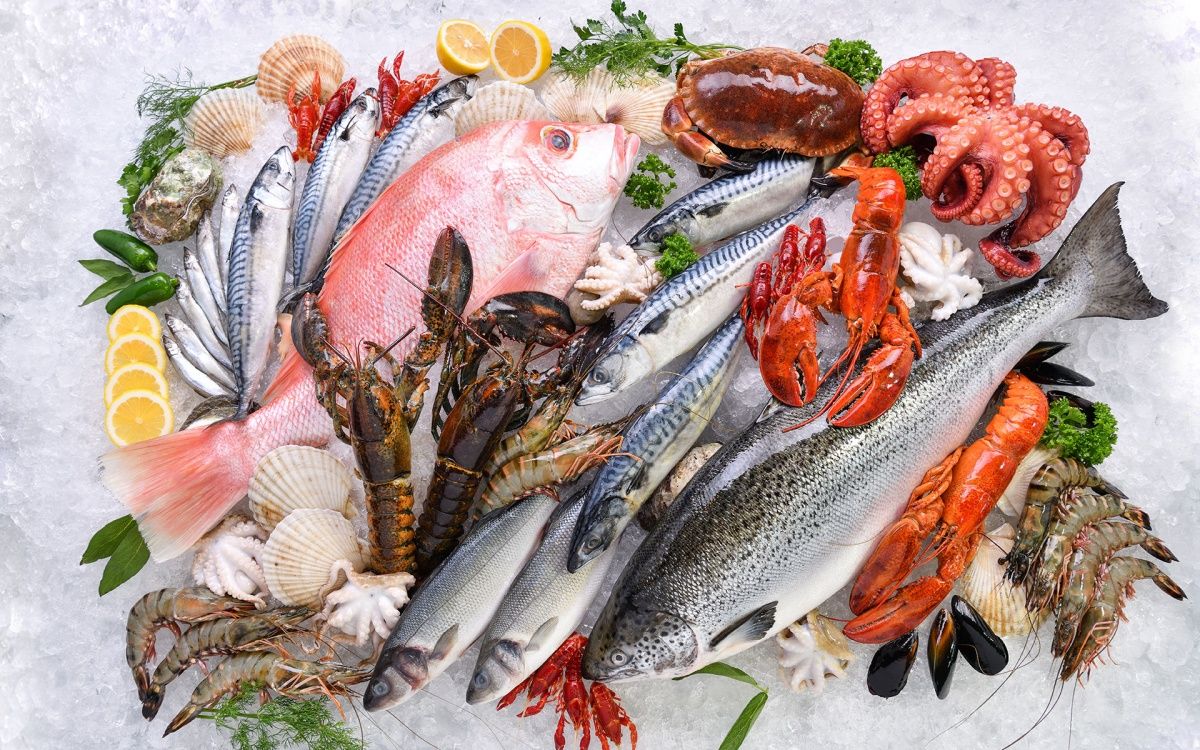Read on to learn more.
What Makes Seafood “Healthy”
Choosing suitable seafood to support your health goals is critical. Seafoods are popular health-conscious choices due to their abundant lean protein, healthy fats, vitamins, and minerals. It is also essential to understand that inexpensive alternatives may contain mercury, saturated fats, and cholesterol, which are not beneficial. When balancing price and nutrition, a few high-quality options exist that won’t break the bank.
Alaskan Sockeye Salmon
Salmon is considered a superfood and a source of protein, omega-3 fatty acids, and many essential vitamins and minerals. Alaskan Sockeye Salmon has high amounts of calcium, potassium, zinc, and vitamins A, B, and D.
Mediterranean Seabass
Mediterranean Seabass, less commonly called branzino, is another inexpensive choice. Branzino is a whitefish known as a tasty low-carb option. It is also a great source of lean protein, calcium, and potassium.
Ahi Tuna
Also known as Yellowfin Tuna, it has become trendy and prevalent since the Poke bowls became a sensation. It can be eaten raw but is also commonly pan-seared. Nutritionally, it offers high amounts of Potassium, Vitamin B6, and Vitamin D. It is also carb-free, but beware, it can contain higher sodium levels than other seafood.
Quality versus Price
There are healthy and cost-efficient seafood options. However, be cautious of highly cheap seafood. Sticking to fresh and wild-caught is the best way to get the most nutrition from your seafood. Frozen and farm-raised seafood is neither as nutritious nor delicious as the alternative.

